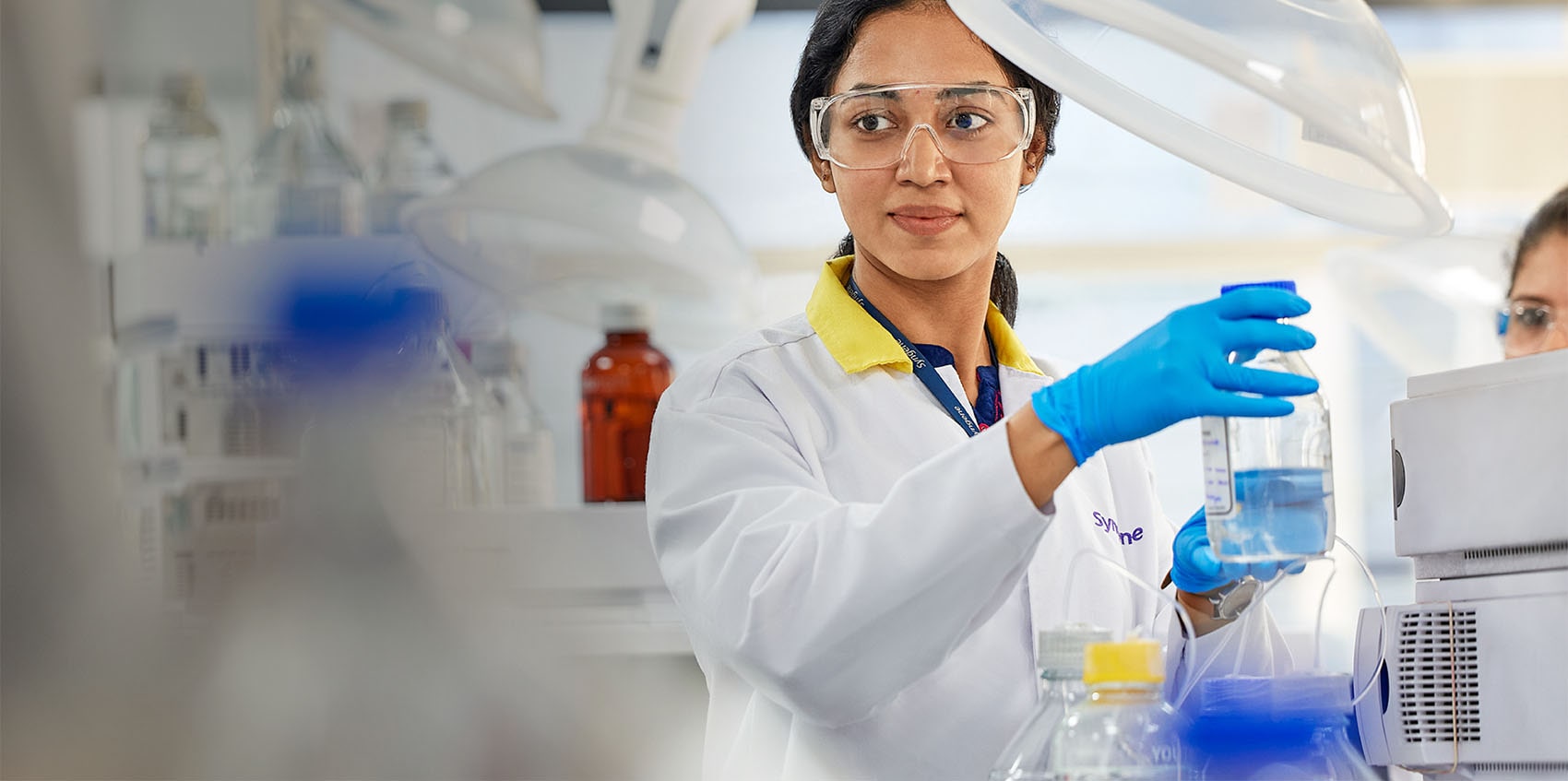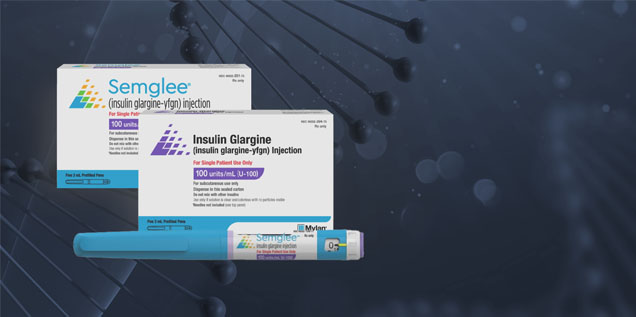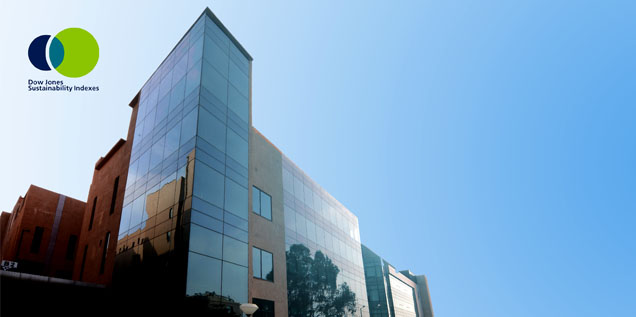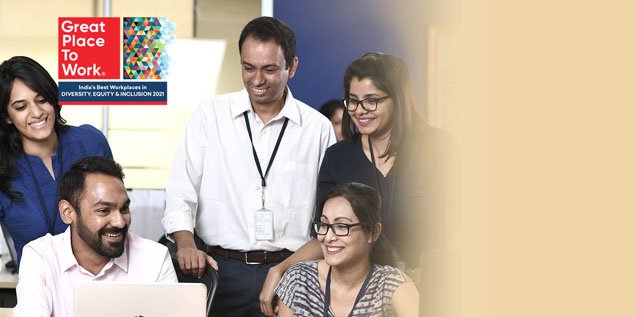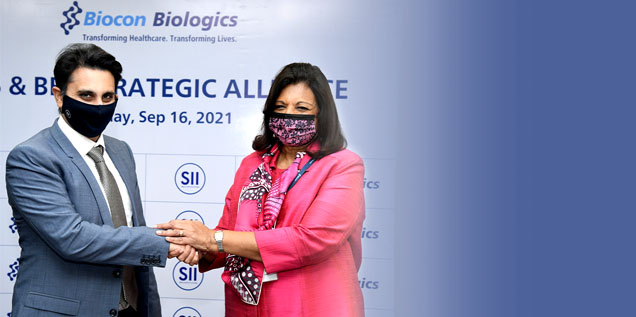“We believe in developing drugs for those who need them, and not only for those who can afford them.”
Biocon is driven by the belief that the pharmaceuticals industry has a humanitarian responsibility to enable access to essential, life-saving drugs for patients. We believe in developing drugs for those who need them, and not only for those who can afford them. We focus our R&D investments on meeting unmet patient needs. We reject business models followed in the West wherein a new drug is initially accessible only to a small affluent section of the population. We do not define a “blockbuster drug” as one that generates sales revenue in excess of US$ 1 billion a year. Instead, a blockbuster for us is a drug that has the potential to benefit a billion patients.
When Biocon started its pharma journey, India and the rest of the developing world were beginning to witness an escalating burden of non-communicable diseases such as heart ailments, diabetes, cancers, chronic respiratory diseases etc. The developing world faced a huge unmet need for affordable therapies to treat these chronic conditions.
Biocon was among the pioneers in developing non-infringing processes for manufacturing fermentation-derived statins — referred to as the ‘wonder drug of the 21st century’ for reducing blood cholesterol and preventing heart disease. In 2001, Biocon became the first Indian company to be approved by the U.S. FDA to manufacture Lovastatin using solid state fermentation technology. We subsequently became one of the biggest statins producers worldwide. Today, our Active Pharmaceutical Ingredients (APIs) are used to produce billions of statin pills globally, thus enabling affordable access to an essential cardiovascular medication.
We then took forward our expertise in microbial fermentation to come up with the novel PlaFractor™ technology that could be effectively utilised to manufacture highly contamination-sensitive products like immunosuppressants. Our technology proved a commercial success as Biocon was one of the first companies to make Mycophenolate Mofetil (MMF) in 2000. We followed up with a full suite of generic immunosuppressants, including Tacrolimus and Mycophenolic Acid (MPA) Sodium using submerged fermentation technology. Biocon is today one of the largest producers of immunosuppressant APIs globally, with a basket spanning MMF, MPA, Tacrolimus, Sirolimus and Everolimus, which we supply to leading international as well as Indian pharma companies.
India was solely dependent on expensive imported insulins till the early 2000s resulting in poor access to this essential diabetes management therapy. It was then that Biocon decided to exploit differentiated technologies, such as a proprietary yeast platform based on ‘Pichia pastoris’, to create a portfolio of insulins. In 2004, we leveraged our proprietary technology to develop and launch India’s first indigenous recombinant human Insulin (rh-Insulin) product, branded as Insugen®. The availability of our affordable insulin in the market triggered a series of developments. Innovator insulins companies lowered the price of their products for India, the government gained the confidence to bring rh-Insulin under price control since it finally had a domestic solution. We thus made significant difference to diabetes management in the country, impacting a large patient pool, both directly as well as indirectly.
We also successfully addressed another ‘unmet need’ by delivering affordable biologics for cancer, which provided greater access to patients and thereby made a difference. In the early 2000s, the treatment paradigm for cancer was moving from small molecule cytotoxic chemotherapies to targeted therapies based on monoclonal antibodies and combinations thereof. Whilst India’s generic industry had significantly brought down the cost of cytotoxic drugs, targeted drugs or biologics remained beyond the reach of most Indian cancer patients. We launched India’s first indigenously developed novel monoclonal antibody Nimotuzumab in 2006 as BIOMAb EGFR® for the treatment of head & neck cancer.
We also successfully developed and launched the world’s first biosimilar Trastuzumab for patients of HER2-positive metastatic breast cancer in India as CANMAb™ in 2014. We expanded our portfolio in 2017 with KRABEVA®, a pan-cancer biosimilar Bevacizumab for patients suffering from metastatic colorectal cancer and other types of lung, kidney, cervical, ovarian and brain cancers.
As a biopharmaceuticals company based in a developing country, we have focused relentlessly on chronic disease spaces like diabetes, oncology and immunology conditions, marked by unmet needs. We have made long-term investments in cutting-edge research and development and in creating ‘best-in-class’, global scale manufacturing infrastructure. We are committed to developing medicines that deliver improved therapeutic outcomes, reduce the cost of healthcare and address unmet patient needs.
Our commitment to be inclusive in our reach is reflected in our patient-centric approach towards providing affordable medicines for chronic diseases to billions across the world.
 Brazil
Brazil Egypt
Egypt Europe
Europe Hong Kong
Hong Kong Malaysia
Malaysia Mexico
Mexico Morocco
Morocco Philippines
Philippines Saudi Arabia
Saudi Arabia South Africa
South Africa Taiwan
Taiwan Thailand
Thailand Tunisia
Tunisia Turkey
Turkey UAE
UAE USA
USA Vietnam
Vietnam Global HQ
Global HQ

